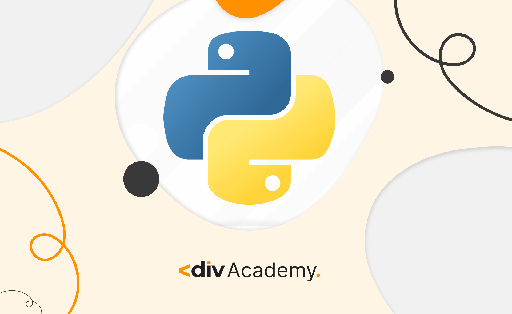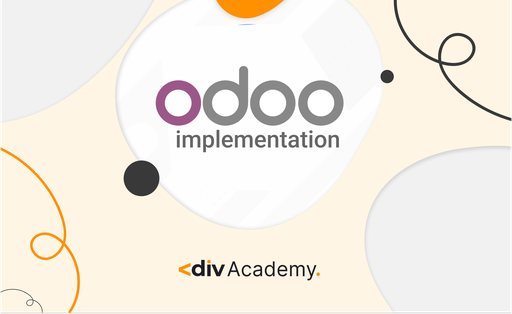All Courses

Flutter allows developers to build a single codebase and use it for several platforms such as the web, desktop, and mobile. This results in quicker app launch and is cost-effective. Reduced Development Time

Python can be used for just about anything, from web and software development to machine learning and artificial intelligence (AI), its easy to use and has a very powerful supporting communityThis introductory course will teach you Python, one of the most approachable and powerful programming languages. Learn the fundamentals of Python, including control flow and data structures, as well as practical coding skills for real-world applications.
- How to write short Python scripts to perform automated actions
- How to use the basic Python structures: strings, lists, and dictionaries
- Apply Python programming logic using Branching, Loops, Functions, Objects, and classes.
- How to deal with and manage files with Python
- How to deal with databases using MySQL
- How to build a fully functional website using Django

This introductory course focuses on Django, a powerful and high-level web framework built on Python that enables rapid development of secure and maintainable websites. You'll learn how to build fully functional web applications using Django, covering both backend logic and frontend integration.
What You’ll Learn:
-
Build and structure dynamic web applications using Django’s built-in tools
-
Understand Django’s MTV (Model-Template-View) architecture and how to use it effectively
-
Work with Django models to create and manage database records
-
Handle user input with forms, process requests, and manage user authentication
-
Use Django's admin interface to manage data
-
Apply template logic and static files to design clean, interactive interfaces
-
Connect your Django project to a database such as MySQL or SQLite
-
Deploy your Django application to a live server
Prerequisite:
Basic understanding of Python programming is required (variables, functions, loops, and OOP concepts).
By the end of this course, you’ll be equipped to build and deploy dynamic web applications using Django and have a solid foundation for advancing into full-stack or backend web development.

This course is a comprehensive guide to mastering Odoo ERP, covering key functional modules and their implementation strategies. Participants will explore the core functionalities of Odoo, including CRM, Purchase, Inventory, Sales, POS, Accounting, and HR, through hands-on training and real-world scenarios. The course aims to equip learners with the skills required to configure, customize, and optimize Odoo for any business environment.
- Odoo Overview – Understand the core features and navigation of Odoo ERP.
- Calendar, Tasks, and Document Management – Manage calendars, tasks, contacts, and documents in Odoo.
- CRM (Customer Relationship Management) – Track leads, manage pipelines, configure sales teams, and generate CRM reports.
- Purchase Management – Handle vendor management, RFQs, purchase orders, and vendor pricelists.
- Inventory Management – Manage warehouses, stock movements, replenishment, barcode scanning, and serial numbers.
- Sales Management – Create quotations, manage sales orders, handle discounts, and deliver goods to customers.
- Point of Sale (POS) – Configure POS sessions, manage orders, payment methods, and generate reports.
- Accounting – Set up chart of accounts, manage journals, taxes, reconciliations, and financial reporting.
- Human Resources (HR) – Manage employees, recruitment, payroll, attendance, and time-off policies.
- Advanced Reporting – Generate detailed reports from CRM, Purchase, Inventory, Sales, POS, Accounting, and HR modules.